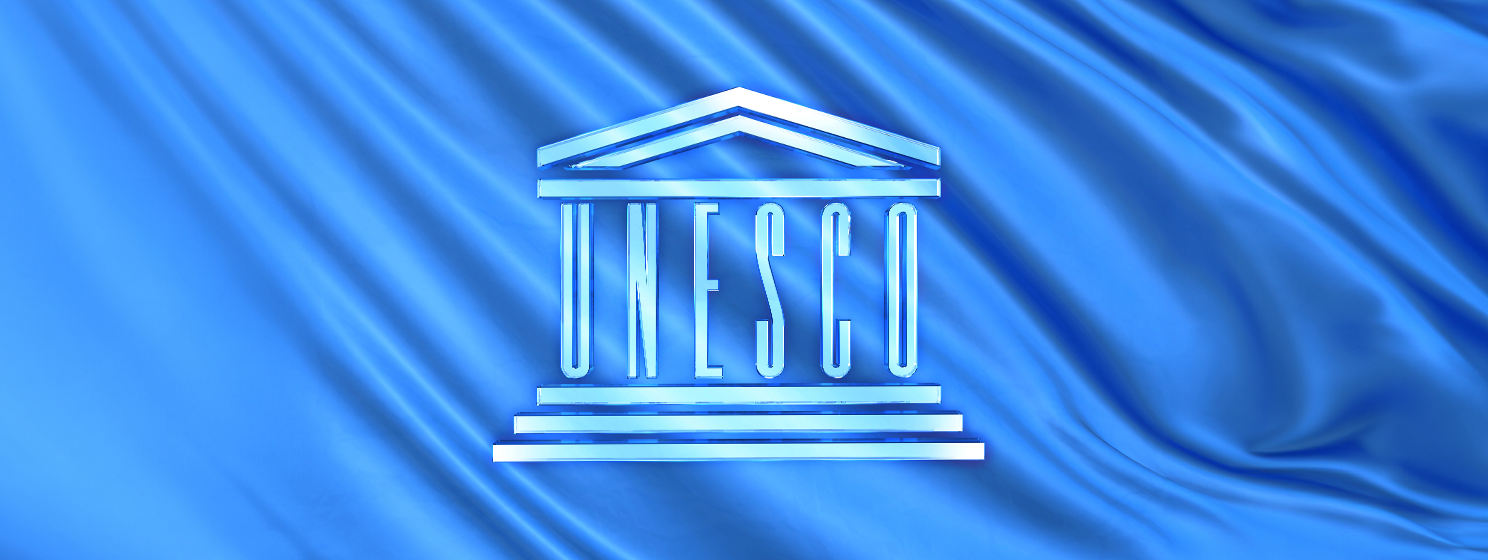|
Getting your Trinity Audio player ready...
|
Most everyone involved in the cryptocurrency space these days is familiar with the Mt. Gox exchange debacle. Once the world’s largest cryptocurrency exchange—holding around 70% of all BTC—it quickly and unexpectedly fell in 2014 after its CEO reportedly that the exchange had allegedly been hacked. Since then, investors have been fighting a battle to recover lost funds and a number of lawsuits have been filed against the company. One in particular, out of the U.S. state of Pennsylvania, was recently heard by a judge.
The ruling, however, was a little disheartening. The judge, Robert F. Kelly, ruled that it had no jurisdiction and that the only legal channel available to the plaintiff was to launch a suit in Japan, where the exchange was headquartered.
Gregory Pearce had been attempting to withdraw $5,900 from the Japan’s Mizuho Bank—the only bank authorized to handle withdrawals and deposits for Mt. Gox at the time—when his attempts were allegedly thwarted, according to his lawsuit. Mizuho and Mt. Gox have both been accused of a number of crimes, including money laundering and funding organized crime. Pearce claimed that he was never able to recuperate his money.
In issuing his ruling, Judge Kelly explained the background of the situation, stating, “Mizuho facilitated international cash wire transfers from Mt. Gox users into the exchange and processed user requests to withdraw fiat currency from the exchange to their outside bank accounts,” the judge wrote. “When a user wished to deposit money in their Mt. Gox account, Mizuho would accept the payment that had been wired through the user’s outside banks and deposit the funds into Mt. Gox’s Mizuho account. Such wire transfers not only designated Mt. Gox as the beneficiary of the wire and Mizuho as the beneficiary’s bank, but also included the Mt. Gox user’s account number to which the funds were to be directed.”
He added, “Likewise, when a user wished to withdraw fiat currency from their Mt. Gox account, Mt. Gox would provide the request to Mizuho for processing. Such requests included the user’s banking information and the amount to be transferred. Mizuho would then transfer out the requested amount to the user’s outside bank.”
Because of the details behind the dealings, Judge Kelly decided against Pearce, stating that he had not established “a prima facie case for specific jurisdiction over Mizuho.” He added that Pearce had not been able to prove that the bank knew that he was trying to withdraw funds.
Based on the ruling, it appears as though any litigation brought by U.S.—or possibly other foreign—investors, will require a special trip to Japan to seek resolution. Given the costs involved—travel, accommodations, lawyer fees—only those with significant amounts of losses could possibly consider such an ordeal.

 02-26-2026
02-26-2026 




